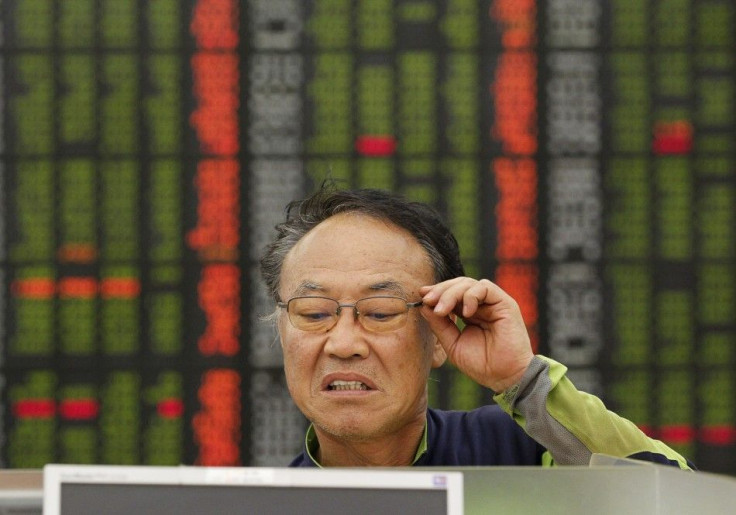South Korea Unemployment Rate Declines In April? To 3.5%

South Korea's unemployment rate fell in April with the availability of more jobs in the service sector according to figures reported by Statistics Korea Wednesday.
The unemployment rate fell to 3.5 percent in April from 3.7 percent in March with the economy adding 455,000 jobs last month compared to 379,000 a year earlier.
This data comes after it was reported last month that South Korea's economy expanded 0.9 percent in the first quarter with exports and domestic demand improving. Exports were said to have been healthy, despite being down by 4.7 percent in April compared to last year. The weakness was led by a 16.7 percent decline in April compared to last year in shipments to Europe, where prospects remain bleak.
Meanwhile, the consumer confidence index rose to 104 in April, which is the highest since May 2011, indicating the slightly upbeat mood of the economy. Government spending was an important driver of growth in South Korea, Asia’s fourth-largest economy.
However, last month South Korea's central bank lowered the country's growth forecast for 2012 to 3.5 percent on account of the global economic slowdown that has resulted in the weakening of exports. In its revised 2012 economic outlook, the Bank of Korea (BoK) said that it was lowering the 3.7 percent growth projection made in December.
The Asian Development Bank (ADB) reported last month that the country's economic growth was expected to slow down as its exports were going to be badly impacted by decreasing global demand.
There is a possibility that the BoK will have to further cut the growth forecast for the year if the situation in Europe worsens, subsequent to the re-emergence of debt problems in Spain. The business sentiment too is not expected to be positive as a result of the looming debt crisis over the euro zone, which in turn will affect the job market.
Also earlier this month the central bank kept its policy rate unchanged at 3.25 percent. The BoK has long indicated that it intends to resume its tightening cycle once external concerns ease. However, fears for the global outlook have increased in recent weeks and local inflation has continued to decline forcing the central bank to keep the rate unchanged.
With the growth rate expected to decelerate this year economists do anticipate the unemployment rate to rise in the coming months.
© Copyright IBTimes 2024. All rights reserved.











